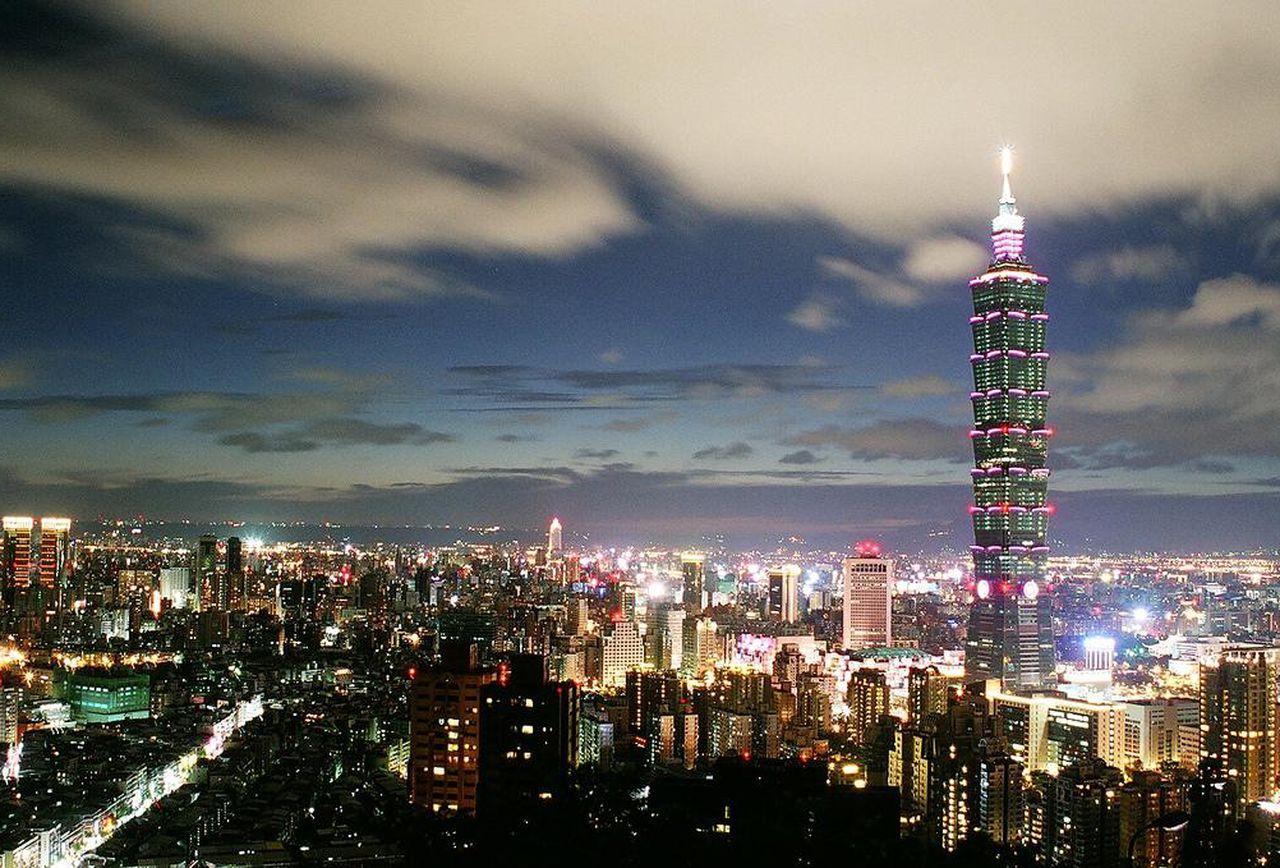Special to WorldTribune.com
One of the ironies of the current international order is that efforts by both Communist China and the U.S. to minimize the role of Taiwan actually intensify its importance.
For Beijing, of course, Taiwan is a “rogue” province, defying the argument that only an autocratic Chinese-language-speaking political entity can be economically prosperous.
For the U.S., Taiwan not only represents what freewheeling economies can do but the proof it can be done in a “Chinese” environment with democratic government.

Taiwan’s less than 25 million inhabitants make it only the 55th largest “country” in the world – a tiny fragment of an estimated Chinese-languages-speaking Mainland population of 1.4 billion.
But Taiwan’s dynamic capitalism is driven largely by privately owned industrial manufacturing, especially exports of electronics, machinery, and petrochemicals — with origins in the Japanese Occupation 1989-45. It was only in 2006 Mainland China overtook the U.S. to become Taiwan’s second-largest source of imports after Japan, despite their highly publicized political differences.
Since 2009 Taipei has gradually loosened rules governing Mainland investment, securing in return greater market access for its investors in China proper. In August 2012, the Taiwan Central Bank signed a currency agreement with its Chinese counterpart allowing direct settlement of Chinese Mainland renminbi (RMB) which has helped Taiwan develop into a local RMB hub.
The Mainland is not only now the Island’s number one destination for foreign direct investment but in February 2018, Beijing unveiled a package of 31 “incentives” to attract Taiwanese people and businesses to the Mainland, offering tax breaks and subsidies for high-tech companies, research grants for academics. It promised to allow Taiwanese companies to bid for government infrastructure projects, even those involved in China’s “One Belt, One Road” global development plan in southern Asia and the Middle East.
Taiwanese Vice Premier Shih Jun-ji cast it as an effort to undermine the Island’s economy:
“China’s attempt to attract Taiwan’s capital and talent, especially high tech and young students, has clear political intentions,” he told at a news conference unveiling eight countermeasures designed to keep investors home.
Bilateral trade between China (including the Mainland, Hong Kong, and Macao) and Taiwan in 2017 reached $181.76 billion, up from $35 billion in 1999. China is Taiwan’s largest trading partner, accounting for more than 30 percent of the Island’s total trade. Over ninety-three thousand Taiwanese businesses have invested in the Mainland since 1988, though outbound investment to the Mainland declined for its third consecutive year in 2017. Reciprocal Mainland investment in Taiwan is on the rise but at a slower rate. China and Taiwan have also agreed to allow banks, insurers, and other financial service providers to work in both “countries”.
Furthermore, Taiwan’s closer economic links with the Mainland pose challenges with political differences remaining unresolved and also at a time when Beijing’s economic growth is slowing. Commerce with the Mainland takes a higher priority because Taiwan President Tsai Ing-wen’s administration has made little progress on solving domestic economic issues, including concerns about stagnant wages, high housing prices, youth unemployment, job security, and retirement financial security. Tsai has made more progress boosting trade with south Asia, which may help insulate Taiwan’s economy from a fall in Mainland demand should China’s growth slow further in 2018.
U.S. arms sales to Taiwan, totaling more than $25 billion between 2007 and 2018, have led to U.S.-China friction and increased bellicose rhetoric across the Strait. But Taiwan’s Tsai spoke with U.S. President-elect Donald J. Trump by telephone before his inauguration, the first such high-level contact between the two sides since 1979, and an indication Washington continues to place high concern on the relationship despite U.S. official ties to Beijing.
Sol W. Sanders, ([email protected]), is a contributing editor for WorldTribune.com and Geostrategy-Direct.com.

